It’s a question many homebuyers hesitate to ask out loud, but it often lingers in the back of their minds: “Has anyone died in this house?” For some, it’s simple curiosity. For others, it’s a serious concern that could influence whether they make an offer or not. And if someone did pass away there, was it peaceful, or something more unsettling?
Death in a home can be a delicate subject. It touches on emotion, culture, superstition, and even law. Whether you are buying, selling, or just curious, it’s worth understanding what the rules say, what sellers must disclose, and what it might mean for you as a potential homeowner.
Death Disclosure Laws: What Sellers Must Tell You
In the United States, laws about disclosing a death in a home vary from state to state. Some states, like California, require sellers to disclose any death that occurred on the property within the last three years. Others, like Texas, only require disclosure if the death was related to the condition of the property, such as carbon monoxide poisoning or a structural accident.
In many states, sellers do not have to disclose natural deaths, suicides, or even homicides unless the buyer specifically asks. That means the burden often falls on the buyer to bring up the question. If you’re curious or concerned, it’s perfectly acceptable to ask your real estate agent to inquire directly.
Some buyers simply want to know out of respect. Others worry about the home’s energy or reputation, especially if the death was traumatic or well-known.
The Stigma Factor
In real estate, a property associated with death or tragedy is sometimes called a “stigmatized property.” These homes can be harder to sell because of the emotional or cultural weight attached to them.
For example, a house where a murder took place might sit on the market longer or sell for less than comparable homes. Even if the house is physically perfect, its history can affect how buyers perceive it. In contrast, a home where someone passed peacefully of natural causes may not carry the same emotional impact.
Interestingly, what one person finds unsettling might not bother another at all. Some buyers see the history as irrelevant, while others view it as part of the home’s story.
Was It Peaceful?
Mike Kotler, Hoboken REALTOR offers this advice: “When buyers ask whether a death was peaceful, they’re usually trying to gauge the emotional energy of the space. While that’s not a legal term, it’s something many people feel deeply.
A peaceful passing, like an elderly family member who died at home surrounded by loved ones, often carries less emotional charge. The home might still feel warm, calm, and lived-in. On the other hand, a violent or tragic death can leave behind a reputation that’s harder for buyers to overlook, even if the home has been renovated or blessed since then.
From a practical standpoint, you can sometimes learn about the circumstances of a death through public records, local archives, or news reports. Real estate agents, however, can only disclose what they are legally allowed to or what they know to be factual.”
How Buyers React to Death in a Home
People react differently when they learn that someone has died in a house. Some are immediately turned off, while others shrug it off. In fact, a few buyers actively seek out such homes because they tend to be priced lower than market value.
Cultural beliefs also play a major role. In some traditions, dying at home is seen as natural and even sacred. In others, it’s considered unlucky. For example, in some Asian cultures, a death in the home may make it less desirable, whereas in parts of Europe or Latin America, it might not carry the same stigma.
Ultimately, it comes down to how you personally feel. A home should make you feel safe and comfortable. If the idea of someone having died there makes you uneasy, that discomfort can linger long after you move in.
Can the Energy Be Cleansed?
For those who believe in energy or spiritual residue, there are many ways to refresh a space. Homeowners sometimes burn sage, ring bells, use salt or incense, or invite spiritual leaders to bless the home. Even something as simple as repainting, replacing old fixtures, or letting in sunlight can make a house feel renewed.
Whether you believe in lingering energy or not, a symbolic reset can be comforting and help make the space feel like yours.
Final Thoughts
So, has anyone died in the home, and if so, was it peaceful? The answer depends on the property’s history and the laws in your area. If it’s important to you, ask directly. Most sellers and agents are used to the question and can provide honest answers within the limits of disclosure laws.
Ultimately, what matters most is how you feel inside the space. A house’s past may shape its story, but it doesn’t have to define its future. With time, love, and a few personal touches, any house can become a home filled with new memories and a fresh beginning.



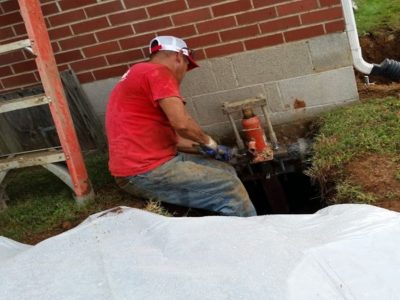
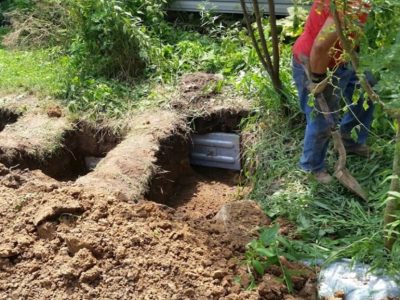
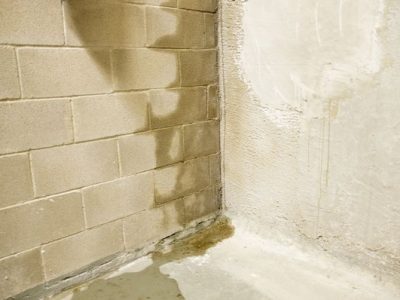
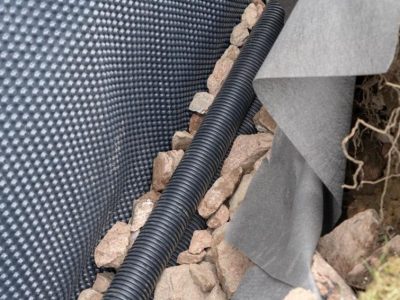



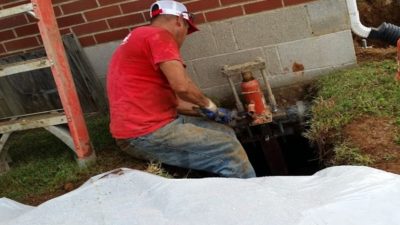
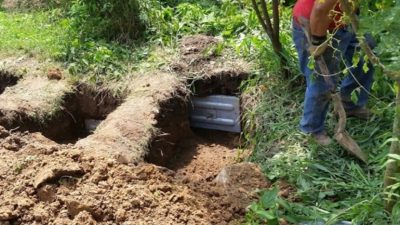
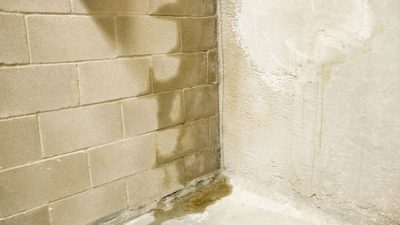


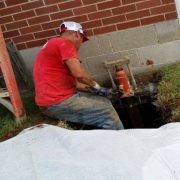
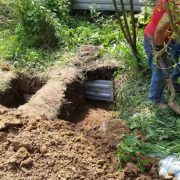
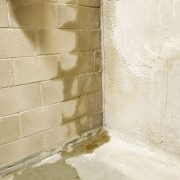
Comments